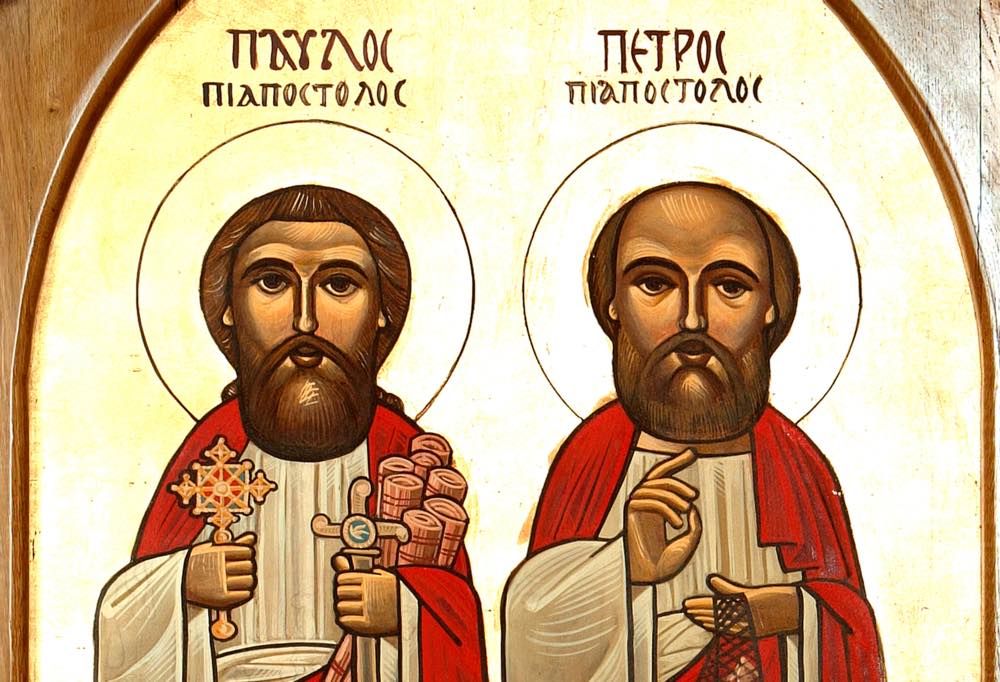Carlos M. Frota
One of the negative characteristics of our times – inherited from an inglorious past – is the persistence of religious hatred, proving that we didn’t accept even today, despite all our progress, different visions of the world, different beliefs, rooted in diverse cultures and civilizations. The phenomenon is even worse when we are forced to accept that diversity in our daily lives, in our own societies where our close neighbors, our colleagues in the workplace, our children’s friends from kindergarten to university are different.
And the obvious question is the following: how to organize our societies in order to guarantee freedom of worship for all, in a framework of respect and non-discrimination?
Some days ago I read the following sad news: a Pakistani court sentenced a Christian man to death after finding him guilty of blasphemy for using insulting remarks against Islam’s Prophet Muhammad in text messages he sent to a Muslim co-worker in 2013.
NO CONSENSUS AMONG SCHOLARS
Muslim scholars are not unanimous on the death penalty for blasphemy.
One publication states, “Without doubt, the declarations and justification of the recent ruling of a Kano Upper Sharia Court (another case, this time in Nigeria) by some supposed Islamic scholars from parts of the country are enough to mislead non-Muslims that Islam sanctions capital punishment for blasphemy.”
And note: “Every conscientious Muslim will ordinarily feel pained that their beloved religion whose very name is Peace is again being soaked in the blood of innocent souls for a pronouncement that is alien to the religion itself. Thus, one feels burdened and duty-bound to engage in some intellectual scrutiny and dialogue with Muslims and non-Muslims.”
LIBERTÉ, FRATERNITÉ, INEGALITÉ…
Now, another country, another culture, another philosophy of life. Another sense of freedom or lack of it: France.
On September 4, French president Emmanuel Macron gave a speech at the Pantheon, in Paris, on the occasion of the celebration of the 150th anniversary of the founding of the Republic, in which he formally granted French nationality to a group of citizens.
Taking advantage of the fact that the trial of those accused of the murder of the journalists of the satirical weekly Charlie Hebdo had begun, the Head of State defended freedom of expression as one of the essential republican values, saying specifically: “Those who seek French citizenship must accept all the freedoms of the republic, including ‘the freedom to believe or not to believe.’” He went on, “To be French is to defend the right to make people laugh, to criticize, to mock, to caricature,” he added.
Macron also repudiated the “separatist” discourse that sees certain forms of worshiping God as a source of fidelity stronger to religion than to society and to the country where one lives.
Charlie Hebdo republished the cartoons, provoking the following reaction from a Muslim journalist, Asma Barlas, in the Aljazeera website: “ … it should be possible to condemn violence by Muslims without giving a free pass to those who defame and vilify their religion, their prophet and their scripture.”
Because both are needed: respect for others beliefs, without offense; and to condemn violence in the name of God, as Pope Francis and the grand imam of Egypt’s Al-Azhar agreed to enshrine as a fundamental principle in their common Abu Dhabi Declaration on Human Fraternity.
RIGHT TO BLASPHEMY?
Again: Right to blasphemy? And the right to respect and dignity? I ask myself. And this unnecessary provocation proclaimed at the National Pantheon, in Paris, by the Head of State himself, in a speech addressed to a society (European and French) so agitated by prejudices of religious nature, by the conflicting views of the world, almost without bridges to each other? And in this particular context to propose/impose a so-called “republican secularism” that is neither neutral nor value-free, easily reprehensible and disapproved, like any other ideology?
Wouldn’t it be more sensible for the so-called secular state to have a dialogue with the different religious leaders and try to reach a broad consensus on such delicate topics? How about looking at the approach of Pope Francis and the Grand Inman of Al-Azhar on how to build tolerance and dialogue with Islam and all other religions ?
What I am defending here is not cowardice in front of violence but true dialogue in order to dissipate the reasons for hatred, exclusion, fear, discrimination.
FREEDOM AND ARROGANCE
France, “the eldest daughter of the Church.”
The abuse of the concept of laicity by the French Republic, against any religious affiliation, leads to the disrespect of other values in a society where citizens are free to.
Macron, emphasizing the “right” to blaspheme, with unnecessary words of intolerance … was an ill advocate of tolerance itself. I understand the intention, but the rhetoric was deplorable!
BLASPHEMY: A CRIME? A RIGHT?
The Document on Human Fraternity for World Peace and Living Together, signed by Pope Francis and the Grand Imam of Al Azhar Dr Ahmed At-Tayyeb, sought to encourage stronger relationships between people to promote coexistence among peoples and to confront extremism and its negative impacts. The signing ceremony was attended by more than 400 religious leaders.
In a speech before signing the Abu Dhabi Declaration, Pope Francis said hatred and violence in the name of God cannot be justified, praising the value of education in reducing conflict.
Meanwhile Dr Ahmed At-Tayyeb, one of the world’s foremost Muslim leaders, called on Muslims to protect Christian communities in the Middle East and for Muslims in the West to integrate into their communities.

 Follow
Follow


